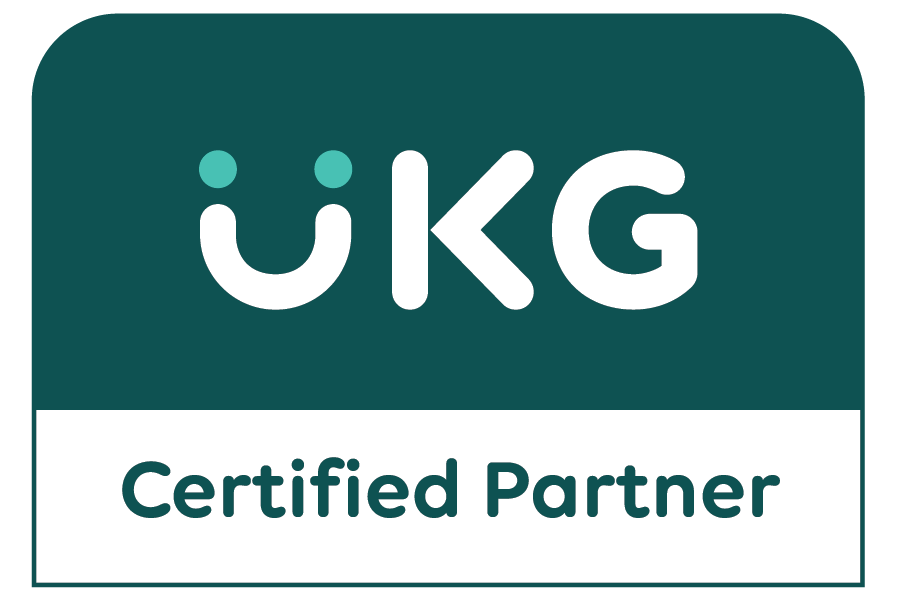You and the HR team are through the better part of the sales cycle evaluating several Human Capital Management (HCM) cloud vendors. As the project team narrows down the list of vendors to a single HCM system and the provider that offers the right strategic value, investment costs and justification to convince the executive committee to go forward with the project, the lead provider candidate introduces the concept of using a HCM cloud implementation partner.
Over the course of the next several meetings, the vendor introduces you to their preferred HCM cloud implementation partner to discuss their deployment approach. The partner provides their background, prior customer success stories and their implementation methodology. As you listen, your mind sends up a flare and asks, “Why would I want to work with a 3rd party provider to implement this software?” As the partner continues to justify their value, you cannot help but ask yourself repeatedly, “How could a partner know more about deploying this system than the actual vendor themselves?” As the conversation continues, your concerns deepen as you learn that you will need to execute separate agreements, one for the subscription fees and another for the professional implementation services. You ask yourself, “Is this going to work?”
It would not be the first time that I have heard a client express concern about utilizing an implementation partner to deliver the professional services for an ISV (Independent Software Vendor). Based on my experience, I would say 2 out of 10 opportunities vocalizes their concerns with using a partner versus the vendor themselves. The most interesting part about this concern is the partner model has successfully existed for years. For example, Accenture, established in 1989, is one of the largest consulting firms delivering professional services for ISV’s such as Salesforce, SAP, Oracle, Workday and Microsoft. The majority of Accenture’s clients are large enterprises and trust Accenture to deliver professional services in the tune of $31 billion per year. Every ISV listed in Accenture’s portfolio has their own internal professional services team, but choose Accenture to deliver the services. Why? Accenture has built a reputation for delivering high quality implementations with exceptional results.
FinancialForce.com, a leading cloud ERP provided on the Salesforce1 platform, is another highly successful organization that believes in the power of partnering. Eric Moreau, Strategic Alliances Manager at FinancalForce.com, explains that by utilizing a carefully selected set of partners, FinancialForce’s partner program helps clients quickly gain, and maximize, the full potential of their investment in FinancialForce solutions (i.e. Financial Management, HCM, Professional Services Automation, and Supply Chain Management).
What exactly are the concerns being raised by prospects? Are they valid concerns or are they based on a lack of education or understanding of the professional services industry? I believe the answer is a little bit of both.
HCM Cloud Implementation Partner Concerns
Here are four examples of the apprehension expressed by prospects when asked to utilize an implementation partner:
- Accountability – prefer a single company that is responsible for the deliverables and legality of all professional services work being proposed.
- Diluted Value – partner’s inability to execute on the deliverables based on lack of experience, training, and overall caliber of consultant(s).
- Partner’s Viability – partner’s financial stability, leadership, risk of turnover, depth of bench and proven implementation methodology to deliver results.
- Project Ownership – “finger-pointing”. Problems resulting in the partner blaming the overzealous vendor’s sales team, while the sales team blames the underperforming consulting team.
It is my point of view that prospects have legitimate concerns in trusting a partner with their implementation delivery. Believe me, there are plenty of deployment failures over the years by implementation partners to validate these concerns. However, to be fair, you can find similar deployment failures when the vendor’s professional services team delivers the implementations directly. When an implementation partner finds themselves engaged with a prospect that has had a poor prior experience with an implementation partner, candidly, it is my opinion that any partner would find it extremely difficult to overcome this negative bias. However, there are times when the prospects predisposition can be overcome by providing details of the implementation methodology, client references or testimonials, and executive sponsorship. Overall, I think it is a mixed bag when it comes to successfully convincing a potential new client to go forward. Ultimately, I believe it comes down to the comfort level of a prospect with any given implementation team.
Reasons to leverage a HCM cloud implementation partner
So why would a business that is going to be investing in a new HCM solution want to leverage the resources of an implementation partner? Here are my list of reasons.
- Credibility: A critical ingredient with helping any new prospect believe that an implementation partner can add greater value and deliver on the promises presented by the sales team. Building credibility is earned at the individual level by speaking with authority, being genuine, having industry and application certifications, and demonstrating thorough domain expertise. Company credibility is also necessary. Authentic company brand awareness originates from industry longevity; in-depth knowledge of the HCM space through various types of thought leadership, customer success stories and a team of experienced consultants who relate first-hand to the challenges faced by prospects.
- Implementation Methodology: There are many approaches to deploying a new HCM system, but it is my opinion that those partners who include a heavy emphasis on early planning and application orientation provide greater value for the customer. This implementation approach is critical for higher user adoption and greater utilization of the system. What is application orientation? It’s a workshop designed for the core project team with the intent to discuss configuration choices and the impact those selections have on their production system. The orientation is not intended to replace application training or demonstrate application features, but to provide meaningful insight in the client’s preparation for a final configuration workshop. If done correctly, an implementation partner will avoid a situation in which the customer tells you later in the project “If I knew what I know today, I would have done things differently.”
- Broad Industry and Application Expertise: Retaining a team of experienced consultants cross-trained in a variety of leading HCM and talent management applications provides another layer of believability and helps to eliminate concerns of diluted value. This expertise includes having staff members with real-life HR experience backed by industry certifications providing greater context to solving workforce related issues.
- Eco-System and Third Party Apps: A partner’s commitment to a particular eco-system and their familiarity of third party applications within this eco-system can be incredibly valuable. Having gained intimate knowledge of the inner workings, compatibility, and congruence each application plays will save the prospect valuable time and frustrations with being able to provide lessons learned. To use an analogy, if an implementation partner was the conductor in a musical symphony, it is their obligation to have each musical instrument play in harmony with the whole ensemble. Harmony is critical regardless of the number of instruments playing; otherwise, the result is nothing less than noise. An experienced implementation partner dedicated to the eco-system will acquire this knowledge and build proof-of-concepts to validate the ability of these applications to be in harmony with one another. In the end, having the ability to recommend and deploy complimentary third party apps to solve workforce related issues and avoid customizations adds greater value.
- Proven Vendor Relationship and Commitment: There is little doubt that any new prospect who is planning to make an investment in HCM and purchase a substantial amount of professional services will want a partner who is committed to the ISV. You can see a partner’s commitment to the ISV by their participation at the ISV’s conferences, receiving partner recognition or awards, percent of consultants certified on the ISV’s application, commitment to the ISV’s training program and their collaboration with the ISV’s sales team.
As validation to the importance of this ISV and partner commitment, Eric Moreau expanded on his comments about the importance of the FinancialForce partner program when he recently told me, “FinancialForce wants to produce the best products we can for our clients. At the same time, we know our implementation partners are experts in their fields. That is why we have chosen to rely heavily on partners, as they are the best at implementing solutions. Our partner program is selective and includes only authorized partners committed to delivering excellent services to our clients and continually exhibit a strong dedication to the FinancialForce organization.”
Today, it is my opinion that the number of HCM cloud implementation partners is increasing and deploying more of the professional services than the ISV’s internal professional services teams. I believe this is no longer just a trend but the norm and it will continue to grow as the intent of these implementation partner programs are to work closely with the vendor’s sales team, provide valuable deployment expertise and allow the software vendor to concentrate on sales and marketing distribution, application development and customer retention. HCM cloud implementation partners will continue to offer greater value and play a valuable role in this journey as more and more businesses adopt HCM cloud technology.
Learn more about our HCM Cloud Implementation Services.






